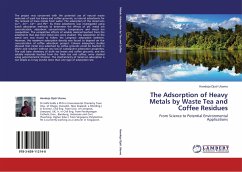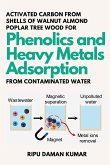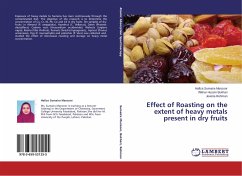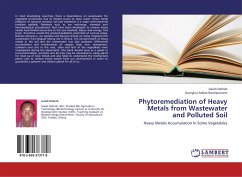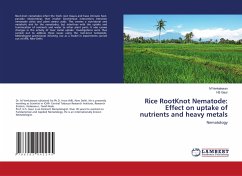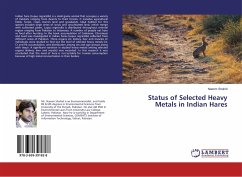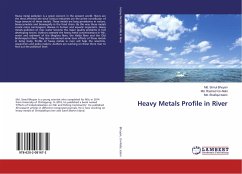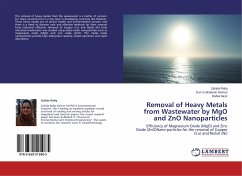The project was concerned with the potential use of natural waste materials of used tea leaves and coffee grounds, as natural adsorbents for the removal of trace metals from water. The adsorption of the metal ions Cu² , Zn² , Cd² and Pb² by these adsorbents was investigated using batch adsorption methods to determine the effects of pH, metal ion concentration, adsorbent concentration, temperature and metal ion competition. The competitive effects of soluble material leached from the adsorbents that also bind metal ions were studied. The adsorption of the metal ions was found to follow the Langmuir adsorption isotherm. However, the maximum adsorption density was found to depend on the concentration of coffee adsorbent present. Column adsorption studies showed that metal ions adsorbed by coffee grounds could be leached in dilute acid solution without any loss of subsequent adsorption properties. The acid base chemistry of both tea leaves and coffee grounds, and the soluble materials leached from the fresh tea and coffee, were studied using potentiometric titration. The stoichiometry of metal ion adsorption is not simple as it may involve more than one type of adsorption site.
Bitte wählen Sie Ihr Anliegen aus.
Rechnungen
Retourenschein anfordern
Bestellstatus
Storno

